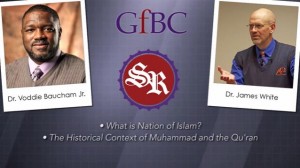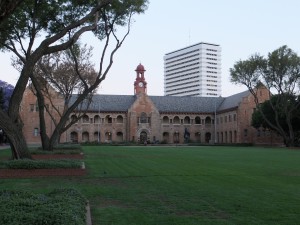By this point we truly have grounds for questioning the accuracy and purpose of Bentley’s review, and we surely understand why it is found useful by Saifullah and Azmy! The bias goes on,
In Matthew’s Gospel Codex Sinaiticus contains another suggestion about Jesus which conflicted with the theological views of later Christians and was therefore suppressed. Speaking (in Matthew chapter 24) of the day of judgment, Jesus, according to Codex Sinaiticus, observes that ‘of that day and hour knoweth no-one, not even the angels of heaven, neither the Son, but the Father only.’
Other ancient manuscripts also contain the words ‘neither the Son’. But the suggestion here that Jesus might not be on the same level of knowledge as God was unacceptable to later generations of Christians, and the phrase was suppressed.
At this point even Hort was momentarily tempted to suspect a theologically motivated suppression, admitting that the omission of these words ‘neither the Son’ can indeed be explained ‘by the doctrinal difficulty which they seem to contain’.
Once again we have the very easy, very casual assertion of “suppression,” which fits so well with the purposes of our Muslim writers (or in this case, quoters). Surely later scribes in some instances struggled with the passage, but, as normal, Bentley ignores a rather striking fact that undermines any apologetic benefit our Muslim writers may think this portion conveys to them: specifically, that the disputed phrase found in Matthew 24:36 in a but not in the later Majority text is found in Mark 13:32, not only in a, but in the Majority text as well. If this is simply a matter of “suppression,” why not “suppress” Mark 13:32 in the same fashion? So given the presence of the phrase in Mark, the point is rather moot either direction.





